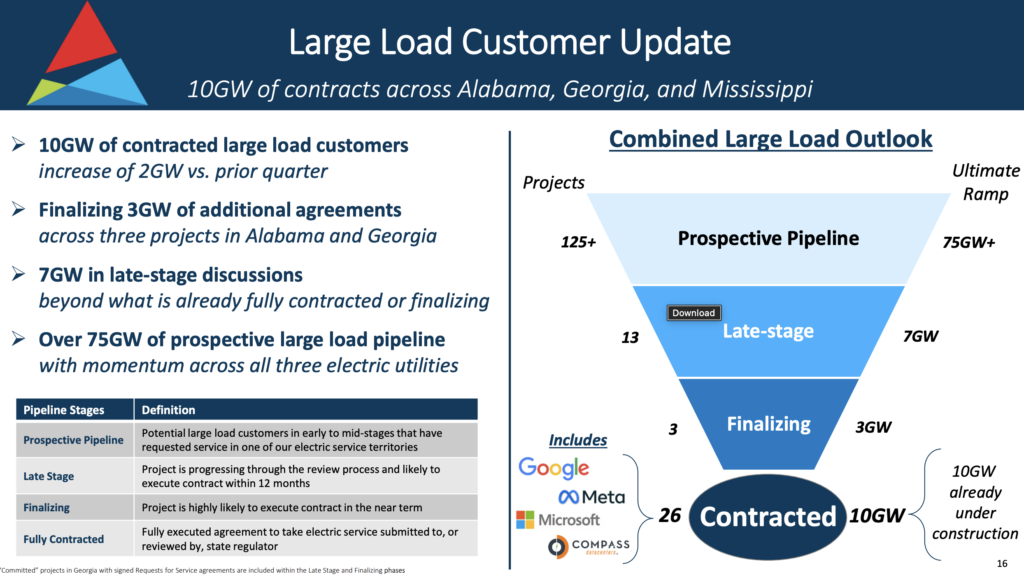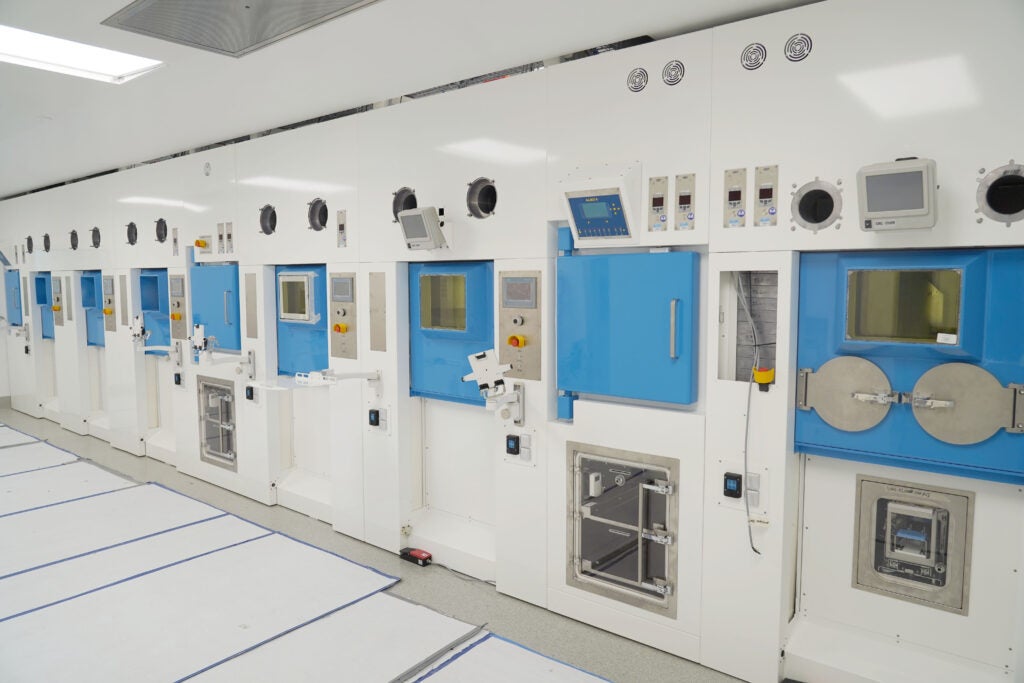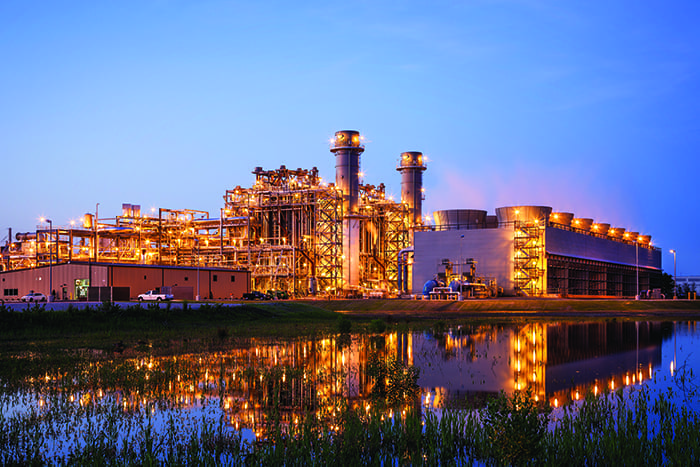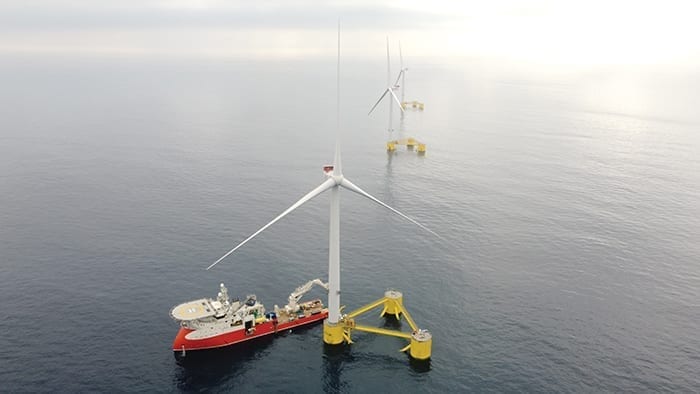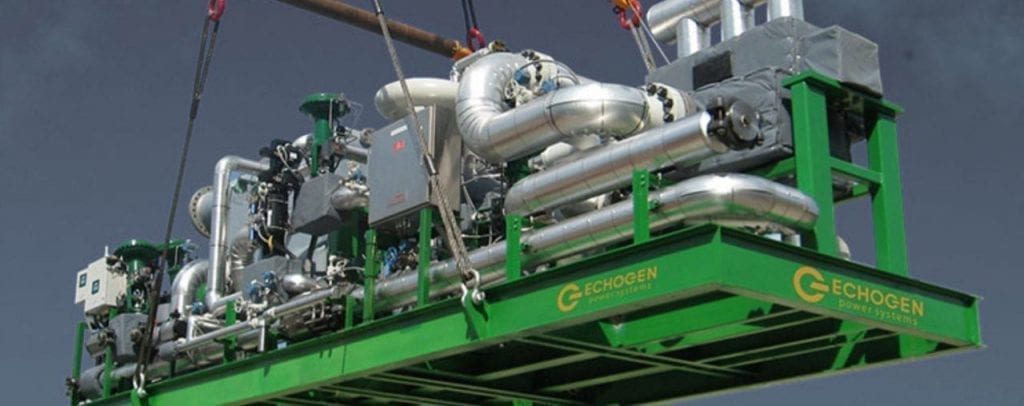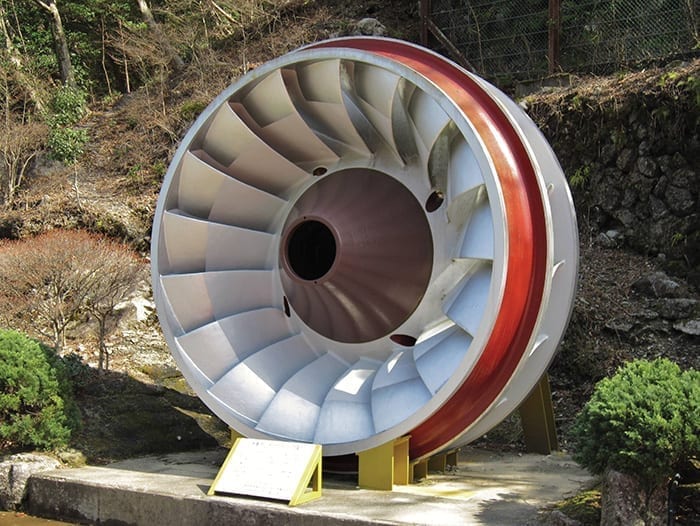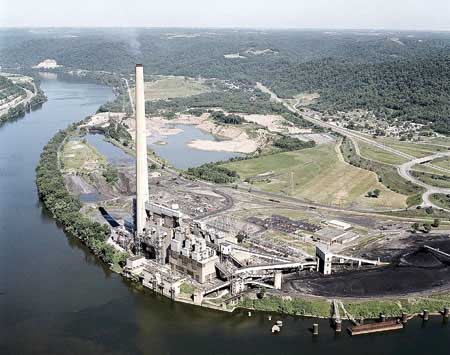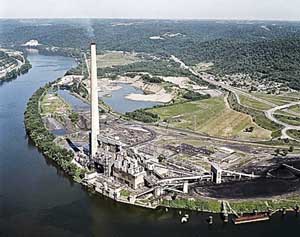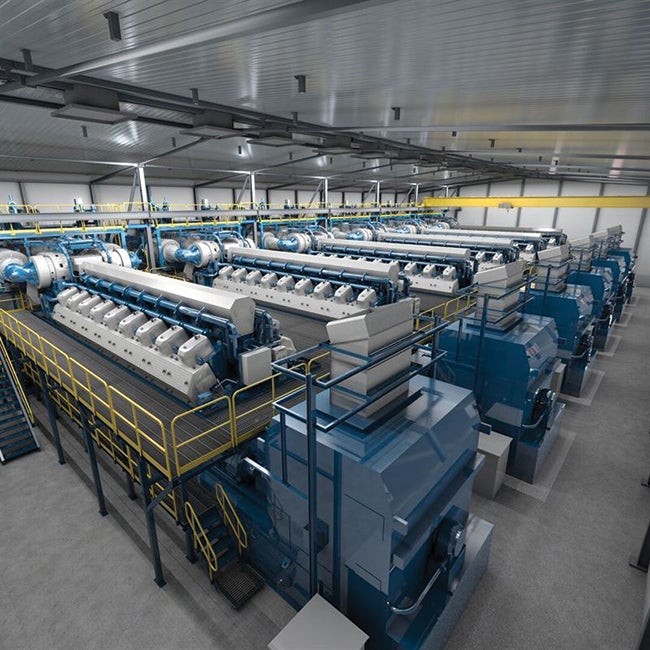A FirstEnergy Corp. subsidiary has signed an official agreement with federal entities to repower two units at the R.E. Burger coal plant near Shadyside, Ohio, with biomass fuel—making it the largest coal-fired plant in the nation to do so—the U.S. Justice Department and the Environmental Protection Agency (EPA) announced on Tuesday.
Ohio Edison Co. on Tuesday signed a motion to modify a 2005 consent degree with the federal agencies that requires the company to repower the R.E. Burger Units 4 and 5 with no more than 20% of low-sulfur coal and tree trimmings, grasses, and other vegetation waste.
The company had in April announced it was considering a $200 million retrofit of the coal-fired units to convert them to biomass. It had then said that when the retrofit is complete, as is expected by 2013, the Burger Plant will likely be one of the largest biomass facilities in the U.S. The modified consent decree signed on Tuesday signifies that federal entities have accepted FirstEnergy’s plan.
The company had been sued in 1999 under the New Source Review provisions of the Clean Air Act regarding Ohio Edison’s W.H. Sammis plant. The original consent decree required that the company reduce SO2 emissions not only at Sammis but also at several of its smaller plants, including Burger.
The modified consent decree will substantially reduce emissions of SO2 and NOx from Burger’s current levels; it will also reduce carbon dioxide emissions from current levels by more than 1.3 million tons a year, the Department of Justice and Environmental Protection Agency said in a joint press release on Tuesday. "Burger will be the largest coal-fired electric utility plant in the country to repower with renewable biomass fuels and the first such plant at which greenhouse gas emissions will be reduced under a Clean Air Act consent decree."
The consent decree signed by Ohio Edison Co. was filed in federal court in Ohio and joined by the states of New York, New Jersey, and Connecticut. After a year of initial operation and optimization, it will commit the plant to enforceable emission rates for SO2, NOx, and particulate matter. Reductions from current levels of SO2 emissions are expected to be as much as 14,000 tons a year; for NOx, as much as 1,300 tons a year; and for particulate matter, as much as 700 tons a year.
"As a result of this agreement, conversion to biomass fuel combustion is expected to approach ‘carbon neutrality,’ meaning that CO2 emissions released by burning biomass fuel will be offset by the amount of CO2 absorbed from the atmosphere by the wood and vegetation grown to produce the fuel," the federal agencies said. "After offset, Burger is expected to emit approximately 400,000 tons of CO2 emissions a year, based on 20% coal co-firing, versus more than 1.7 million tons from coal-fired combustion prior to repowering with biomass fuel."
The consent decree (PDF), lodged in the U.S. District Court for the Southern District of Ohio, is subject to a 30-day public comment period and approval by the federal court.
Source: U.S. Department of Justice, EPA


